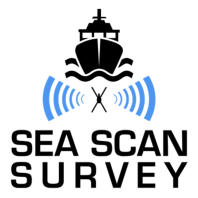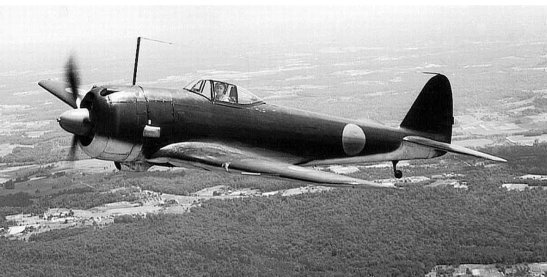NAKAJIMA KI-43 FIGHTER WRECK
- DISCOVERY NEAR CORON

SIDE SCAN SONAR MARINE SURVEY
Copyright Sea Scan Survey Pty. Ltd. All Rights Reserved.
Website by VP-IT
Geographical Surveys - Search & Salvage
Marina, Structural & Hull Inspections
Technical & Rebreather Diving
AUSTRALIA + 61 4 8800 6501
PHILIPPINES + 63 917 165 7240



WWII Wreck
This aircraft is a late model Nakajima Ki-43-IIb Hayabusa
(Peregrine Falcon), Allied code name Oscar, used by the Japanese
Army Airforce during WWII and was found by Sea Scan Survey on
the 29th of March 2016, more or less by accident, while scanning for a
shipwreck off Basuanga. It was unknown to anyone in the area
including the local fishermen.
At this stage it would appear that the pilot has made a forced landing,
possibly due to engine failure, rather than being shot down as the
only damage sustained on impact is the inboard leading edges of the
wings have been pealed back exposing the undercarriage.
The cockpit canopy is in the retracted position so the pilot obviously
survived the ditching but whether or not he made it to shore and evaded capture by the Filipino Guerrillas is another story.
The flight controls, such as the ailerons, elevators and most of the rudder were fabric covered and have long since disappeared and seventy plus years
underwater has also taken its toll, but it’s in a reasonable condition for a WWII plane wreck.
Efforts are underway to try and track down its history but this won’t be easy without the serial number. If the data plate can be located on the
airframe there may be a chance but we are not sure where to look at this stage. If anyone can help, please reply.
The Oscar was a land-based Type 1 tactical fighter which was often called the “Army Zero” by Allied pilots for its resemblance to the Mitsubishi
A6M Zero, which was flown by the Japanese Navy. During the first year of the war, it was often mistaken for the Zero in dogfights. Like its Navy
counterpart it was light and easy to fly but had several drawbacks such as no armor or self sealing fuel tanks which caused high casualties in combat,
and it was also undergunned. These faults were not rectified until later versions but nevertheless the Ki-43 was highly maneuverable due to the
introduction of combat flaps and shot down more Allied aircraft than any other Japanese fighter. Almost all the JAAF’s aces achieved most of there kills
in it.
Total production amounted to 5,919 between 1939 and 1945 with many of these used during the last months of the war in kamikaze raids against the
American fleet.
There are very few survivors with only one airworthy example in Oregon and one capable of flight in Washington.
Nakajima Ki-43 Fighter Wreck - Discovery Near Coron
Nakajima Ki-43 Fighter


- Douglas A-1 Skyraider Wreck - Subic Bay
- MV Princess of The Orient Discovery
- USS Flier Discovery
- Manila Bay Wreck
- US Navy LCM-3 Wreck Discovery
- PSAI Advanced Wreck Penetration Course
- Sonar Scan in Subic Bay
- North American AJ-2 Savage Bomber - Outside Subic Bay
- Nakajima Ki-43 Fighter Wreck Discovery Near Coron
- IJN Auxiliary Submarine Chaser Kyo Maru No. 11 Wreck
- "Nikko Maru" Wreck - Banshu Maru No. 52


Associated companies:


















